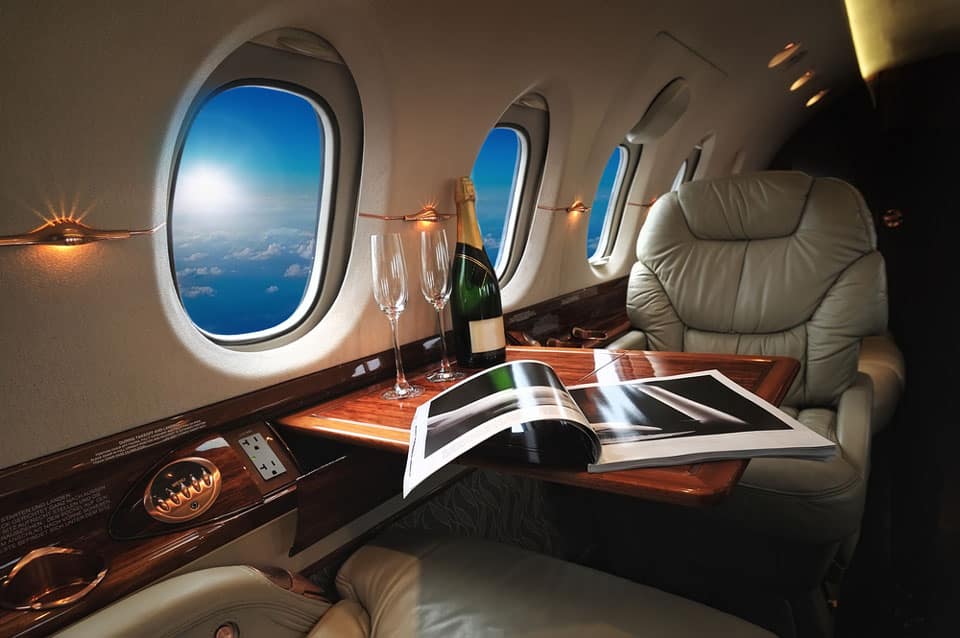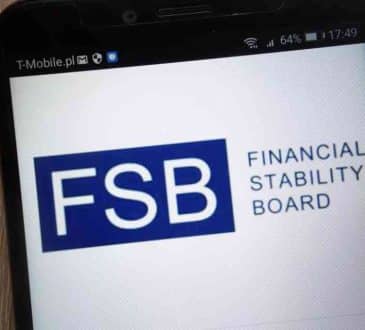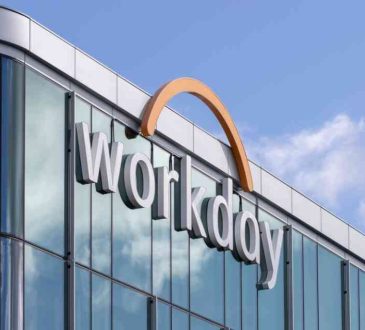Reimagining Luxury Post Covid: What Will It Look Like?

The impact of the COVID-19 pandemic has been felt in all areas of life, including the luxury market. Luxury brands have had to adjust their product offerings and marketing tactics to meet the demands of a new consumer landscape. As the world gradually returns to the “new normal,” it is important to consider how luxury brands can successfully reimagine their products, services, and experiences to reflect the changing needs of their customers. In this blog post, we will explore the impact of the pandemic on the luxury market, how brands are adapting and reinventing their luxury offerings, and the implications of luxury in the post-COVID world.
Understanding Luxury Post Covid
The COVID-19 pandemic has had an unprecedented impact on the luxury goods market, with many luxury goods companies having to restructure their business plans. As the post-COVID landscape begins to take shape, luxury goods companies must understand the current market and its implications for the future of their business. Luxury goods brands must redefine what “luxury” means in a post-COVID world, as luxury goods consumers have become more conscious of their spending habits. Companies must also consider how to reach a new generation of luxury goods consumers, as well as how to keep their current customers engaged. Additionally, companies must focus on developing innovative solutions to challenges posed by the pandemic, such as supply chain disruptions and changing consumer desires. By understanding the current market and its implications for the future of luxury goods, companies can create a well-defined plan for their post-COVID future.
The Impact of Covid on Luxury
The Coronavirus pandemic has had a significant impact on the luxury industry, with many major brands and retailers being forced to close their doors in response to safety measures and restrictions. While the short-term effects of the pandemic have been devastating, luxury brands are looking to the future and beginning to plan for a post Covid world. Luxury retailers are developing new strategies to adapt to the changing landscape, such as enhanced online shopping and virtual services. Many luxury brands are also focusing on creating unique, personalised experiences for their customers, as well as introducing new products that are tailored to the current environment. By continuing to innovate and develop creative solutions, luxury companies can ensure their survival and thrive in a post Covid world.
How Brands are Reimagining Luxury
In the post-COVID world, luxury brands have had to both quickly adjust to the changing landscape and reimagine what luxury looks like. Brands have had to find ways to continue providing luxurious experiences while also ensuring the safety of their customers. From offering virtual consultations and experiences to creating contactless payment methods, luxury brands are finding creative ways to stay ahead of the curve. They are also investing in high-end materials, unique designs, and sustainable practices to maintain the luxurious appeal of their products. By introducing these new practices, luxury brands are redefining the concept of luxury and creating a new level of convenience and safety that customers can enjoy.
The Need for a Holistic Approach to Luxury
The world of luxury has been drastically altered by the coronavirus pandemic. The traditional definition of luxury must now be re-evaluated to meet the changing needs and preferences of customers. As a result, a holistic approach to luxury must be adopted that takes into account the current economic, social, and environmental realities.
The economic downturn has led to increased economic insecurity and reduced spending on luxury goods. To ensure long-term success, luxury brands must respond to this shift in consumer behaviour by offering products and services that are more accessible, sustainable, and affordable. This includes creating products that are customisable, cost-effective, and of high quality. Additionally, luxury brands should focus on providing unique experiences that prioritise customer service, convenience, and personalisation.
The environmental crisis has also had an impact on the luxury market. Luxury brands must become more sustainable by reducing their carbon footprint and using more eco-friendly materials. They should also support local and sustainable production and promote fair trade practices.
Finally, luxury brands must create meaningful connections with their customers. They should use social media, digital marketing, and other forms of engagement to create stronger relationships and build trust.
In conclusion, the current climate has changed the face of luxury. To remain competitive, luxury brands must adopt a holistic approach that considers the economic, social, and environmental realities of the post Covid world. By creating affordable, sustainable, and personalised products, investing in customer service and convenience, and building meaningful relationships with their customers, luxury brands can ensure their continued success in the future.
The Future of Luxury Post Covid
The pandemic has changed the luxury industry as we know it. Since the onset of the pandemic, many luxury brands have had to make drastic changes to their business models to survive. But what does the future of luxury look like post Covid?
As shoppers become more conscientious when it comes to their spending, luxury brands will have to find ways to provide value to their customers. This means that the focus should shift to creating experiences that are meaningful and tailored to the individual. Customers want to feel special and are part of something larger than themselves. Luxury brands should focus on creating experiences that are unique and memorable.
In addition, luxury brands should also focus on sustainability to cater to the environmentally conscious consumer. Consumers today are more aware of the impact their purchases have on the environment and are looking for brands that are making an effort to reduce their carbon footprint. By creating sustainable luxury products and services, luxury brands can appeal to the growing number of environmentally conscious shoppers.
Finally, luxury brands should focus on creating digital experiences that are as memorable and enjoyable as physical ones. By leveraging technology, luxury brands can create immersive experiences that customers can access from the comfort of their own homes.
In the post Covid world, luxury brands have an opportunity to redefine the way they do business. By focusing on creating meaningful experiences, sustainability, and leveraging technology, luxury brands can continue to provide exceptional value to their customers and remain competitive in the ever-changing luxury market.
The Impact of Luxury on Society
The impact of luxury on society, particularly in the post-COVID era, has been profound. Luxury goods and services provide a sense of comfort, security and status to consumers, particularly during times of economic uncertainty. Luxury products also have a positive impact on the overall economy. They drive consumer spending, which in turn boosts employment and contributes to overall economic growth. Furthermore, luxury can have a positive influence on society, as it often encourages innovation and creativity. For example, many luxury brands encourage philanthropy and support for charitable organisations, and some promote environmental sustainability initiatives. Luxury also serves to unite disparate social classes, creating an environment of acceptance and understanding.
Overall, luxury certainly has its place in society. Despite the economic challenges posed by the pandemic, luxury remains a powerful force that can help promote economic growth, foster innovation, and encourage philanthropy and social responsibility.
Reinventing the Luxury Experience for the New Normal
The last year has been an unprecedented time for luxury businesses as the pandemic has changed the way people shop and interact with brands. As we enter a new normal, businesses in the luxury space must reinvent their customer experience to meet the needs of the current market. Luxury businesses should focus on creating an experience that is tailored to each customer, emphasising safety and comfort. This means implementing contactless and digital solutions such as virtual appointments, remote consultations, and contactless payment methods.
Additionally, brands should focus on providing personalised services and experiences, such as curb-side pickup and tailored product recommendations. Luxury businesses should also leverage digital marketing channels to reach a wider audience and ensure that customers are informed about their offerings. By reinventing the luxury experience for the new normal, luxury businesses can continue to provide high-end experiences for their customers, no matter their circumstances.
The pandemic has undoubtedly changed the way we view and experience luxury and it is clear that brands need to take a holistic approach to their strategy to stay relevant and successful. As our society and the world around us continues to adjust to the ‘new normal’, luxury brands must adapt to the changing times and embrace the need to reimagine luxury to ensure future success. By creating a seamless and personalised experience for customers, brands can ensure that luxury remains an integral part of our lives and that it reflects the values and aspirations of an ever-changing society.
Written by Veidehi Gite.
Have you read?
Top Actions CFOs Can Take to Contain Costs Within Their Supply Chains by Ali Hasan Raza.
Overcoming the Challenges of Launching a Unique Business by Vanessa Lau.
Critical Mistakes to Avoid in Strategic Communication by Fotis Pantopoulos.
How to Plan Business Travel Effectively in 2023 by Robert Hoffman.
No Means No by Mark Petruzzi.
Add CEOWORLD magazine to your Google News feed.
Follow CEOWORLD magazine headlines on: Google News, LinkedIn, Twitter, and Facebook.
Copyright 2024 The CEOWORLD magazine. All rights reserved. This material (and any extract from it) must not be copied, redistributed or placed on any website, without CEOWORLD magazine' prior written consent. For media queries, please contact: info@ceoworld.biz








